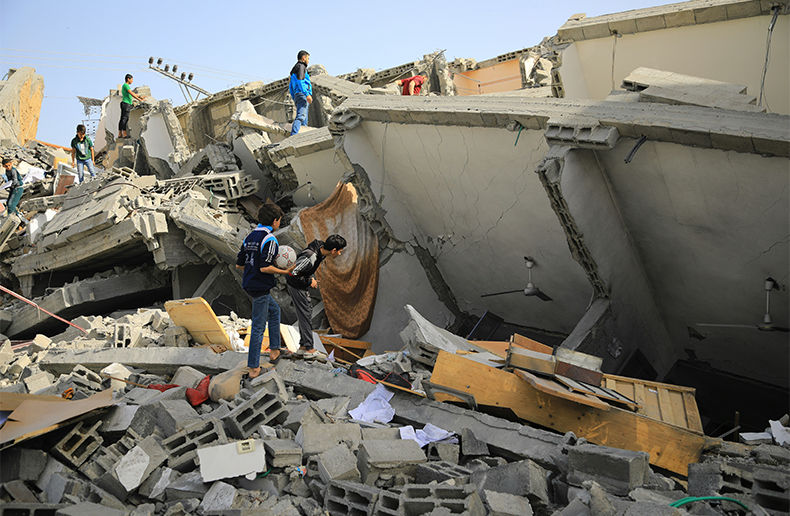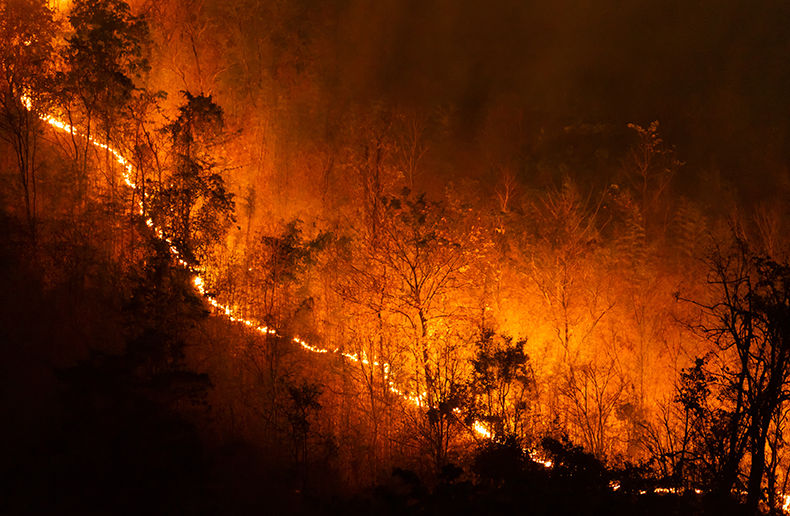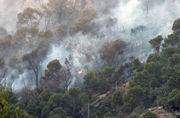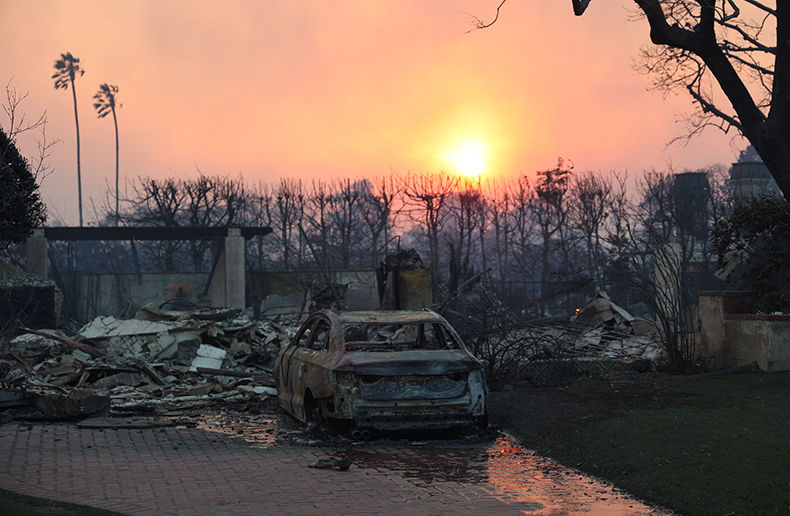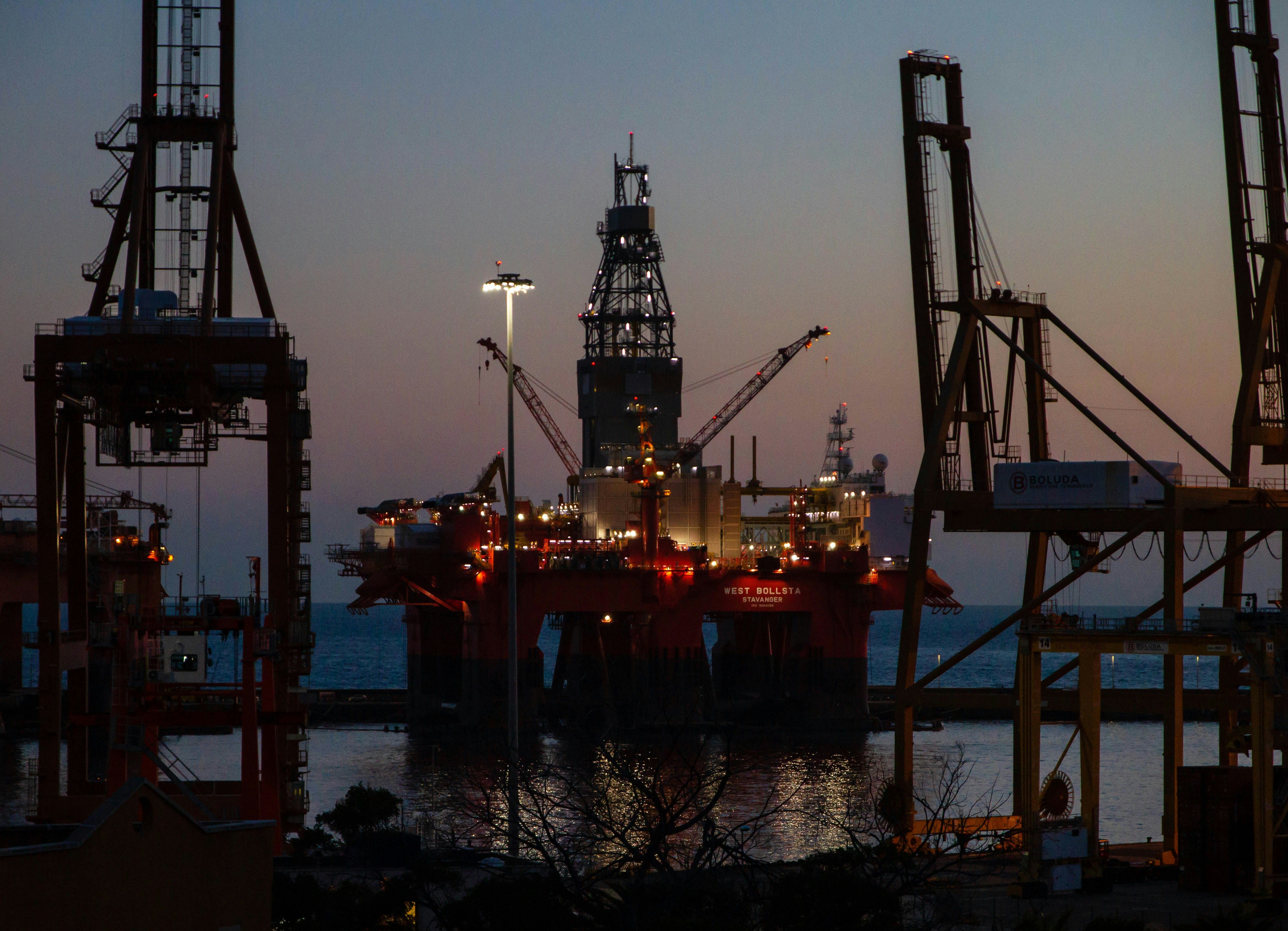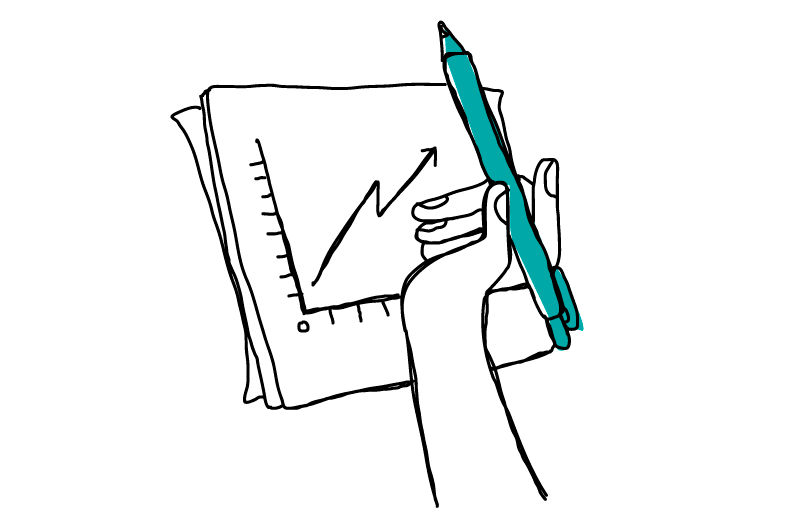A number of major insurance companies have come under fire in a recent report that denounces their “complicity” with the Israeli military amid the ongoing conflict in the Middle East. Two insurers well known in Canada are among those named, and they agreed to comment on the allegations to Insurance Portal.
The report, entitled Ensuring Genocide: The Insurance Industry and Israel’s War Machine, was released on March 26. The various groups that endorsed the report also staged protests in front of the insurers’ offices in Europe and the United Kingdom.
The report was published by Boycott Bloody Insurance and authored by Monika Nielsen, who also led the research. The campaign is backed by a broad coalition of pro-Palestinian organizations, many of which have long called for similar boycotts against companies doing business with the State of Israel and allegedly contributing to the colonization of occupied territories.
The report documents ties between several major insurers and a group of 16 companies that supply or transport equipment, technology, or weapons on behalf of Israel’s Defence Ministry. For each company, the report cites an incident where equipment sold to the Israeli army resulted in deaths in Gaza or elsewhere in Palestine.
These business links may be direct, such as through liability insurance coverage for these suppliers. The research identified the insurer providing coverage for 12 of the 16 companies.
Ties are also documented through insurers’ investments in the capital of these 16 firms. In some cases, the same insurer is involved in both underwriting and investing activities.
The companies identified include BAE Systems, Boeing, Caterpillar, Elbit Systems, General Dynamics, Honeywell International, L3Harris, Leonardo, Lockheed Martin, Northrop Grumman, Oshkosh Corporation, Rheinmetall AG, Rolls-Royce, Textron, and ThyssenKrupp.
Elbit Systems is the largest subcontractor for Israel’s Ministry of Defence. Danish shipping giant Maersk is also cited in the report for its alleged role in arms transportation via cargo routes between the United States and the Middle East.
Allianz has business ties to all 16 companies, both as an insurer or investor, says the report. The company was a particular target of the March protests for its policy issued to Elbit Systems.
According to the report, Aviva plc has links with 13 of the companies, AXA with 13, Zurich with 7, RSA-Intact with 7, and AIG with 4. These insurers are accused of “complicity” in what the report describes as “genocide” in Gaza. Insurers Chubb, QBE, and Liberty Mutual are also named for providing liability coverage to one of these companies.
Insurance coverage
RSA, a subsidiary of Intact Financial Corporation, is identified as the insurer of Boeing, which manufactures ammunition and helicopters used by Israel in Gaza. The policy remains in force until September 30, 2025.
AIG is listed as the insurer for four companies. Northrop Grumman supplies parts and technologies for military ships and aircraft. Rolls-Royce manufactures tank engines through a subsidiary. L3Harris produces about 1,600 components for F-35 fighter jets. AIG also insures shipping firm Maersk, says the report.
Zurich is named as the insurer for Caterpillar, General Dynamics, and Honeywell. Caterpillar supplies the D9 bulldozer. General Dynamics produces bombs, including the MK-84. Honeywell supplies components for military equipment.
Investments
The report also lists investments made by insurers in 15 companies directly linked to the Israeli military (excluding Maersk). It notes that AIG no longer discloses its investment details, as its portfolio is managed by BlackRock. All figures are in U.S. dollars.
Five insurers hold a total of US$1.7 billion in investments in these 15 companies, says the report. Allianz is the second-largest investor, with holdings exceeding US$452 million. It holds shares in all 15 companies cited.
Insurers AXA and Zurich also hold stakes in several of these firms says the report (12 for AXA and 4 four Zurich) worth US$177 million and US$180 million respectively.
Aviva, which operates a Canadian subsidiary, is the largest investor, with US$881 million invested in 12 of the 15 military suppliers, according to the report. That accounts for 51.5 per cent of the investments identified by the report’s author. Aviva and AXA also have investments in Maersk, though those amounts are not included in the total.
Through its subsidiary RSA, Intact holds the smallest portfolio, with US$21.3 million invested in six companies. The largest portion, US$7.3 million, is in BAE Systems, described in the report as the United Kingdom’s largest arms manufacturer and a key contributor to the F-35 fighter program. BAE also manufactures the M109 self-propelled howitzer.
Responses
Most of Aviva’s investments are concentrated in four suppliers: BAE Systems (US$345 million), Rolls-Royce (US$238.6 million), Caterpillar (US$106 million), and Honeywell (US$89.3 million).
Hazel Tan, spokesperson for Aviva Canada, says “Aviva has no operations in the region and no active equity exposure to Israeli companies.” As part of its commitment as responsible investors, “Aviva engages companies across its portfolios.”
The company works to “improve companies’ performance on managing human rights risk, and will divest if necessary,” she says.
As a responsible company, Aviva has published its Underwriting Statement based on ESG factors, which “defines the types of organizations we will not consider insuring,” Tan adds. She declined to confirm the accuracy of the figures cited regarding Aviva’s investments.
Caroline Audet, manager of media relations and public affairs at Intact Financial Corporation, confirmed the company is aware of the Boycott Bloody Insurance report. “Intact and all of its brands are committed to conducting business with integrity and in compliance with all applicable regulations and standards,” she says.
Foreign insurers
Zsofia Wolken, spokesperson for Allianz, provided a more detailed response to Insurance Portal’s request. She noted that the insurer will not comment on specific insured entities due to contractual confidentiality.
“The defence sector plays a critical role in providing the means for national and regional security policies. Allianz recognizes the right of sovereign states to arm themselves, but applies certain restrictions related to the defence sector. In alignment with international conventions, Allianz excludes investments of our proprietary funds as well as commercial insurance in controversial weapons such as biological and chemical weapons, cluster munitions, and anti-personnel mines, and further excludes investments of our proprietary funds in companies producing nuclear weapons outside of the Non-Proliferation Treaty,” states Wolken.
The company says it adheres to OECD and UN guidelines on responsible investment and bases its decisions on publicly available information from NGOs specializing in human rights. “In complex situations where geopolitical factors are at play, we carefully assess our involvement considering the broader context and international community’s stance,” she adds.
The company says it complies with international treaties and sanctions limiting exports to warring nations, as outlined in its Allianz Sustainability Integration Framework. “Our commitment to responsible decision-making is unwavering and we actively engage in dialogue and maintain open communications channels with our stakeholders, including NGOs and investors, whose interests and concerns weigh on Allianz’s business decisions,” concludes Wolken.
At AXA, press relations director Ziad Gebran says “AXA’s investments comply with applicable laws and regulations, and the company has a clear human rights policy aligned with international standards.”
He adds that the company has long had a responsible investment policy. “AXA monitors its investments to ensure they comply with applicable sanctions lists. This includes all companies producing military or dual-use goods if they are listed on sanctions lists,” Gebran notes.
Zurich spokesperson Jennifer Pelat responded by email to say the company has no comment on the report.
In January 2024, the International Court of Justice said Israel should, in relation to the Palestinian people, take all reasonable measures "to prevent genocide", while the International Criminal Court issued arrest warrants for Israeli Prime Minister Benjamin Netanyahu and former Defence Minister Yoav Gallant for war crimes and crimes against humanity in Gaza.


